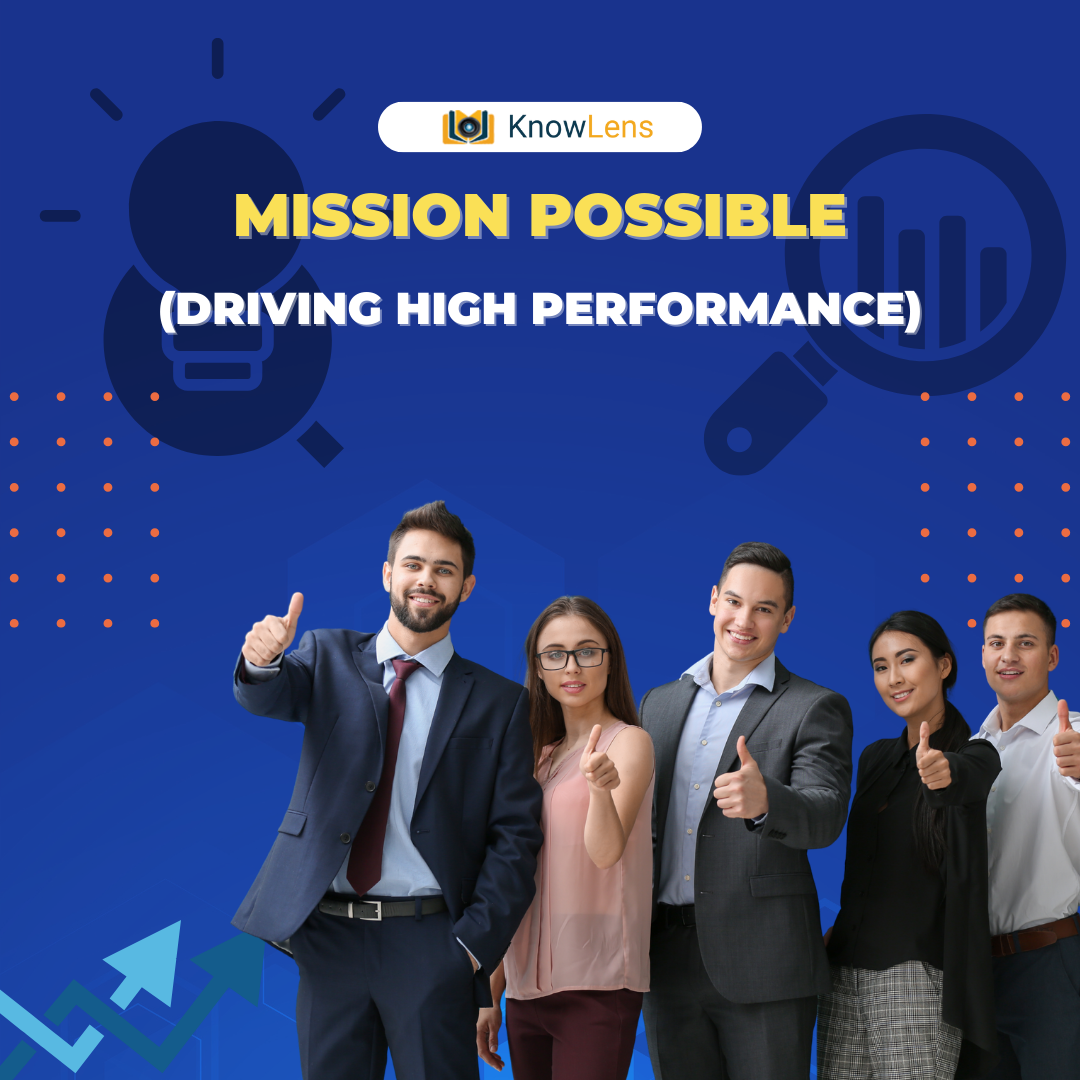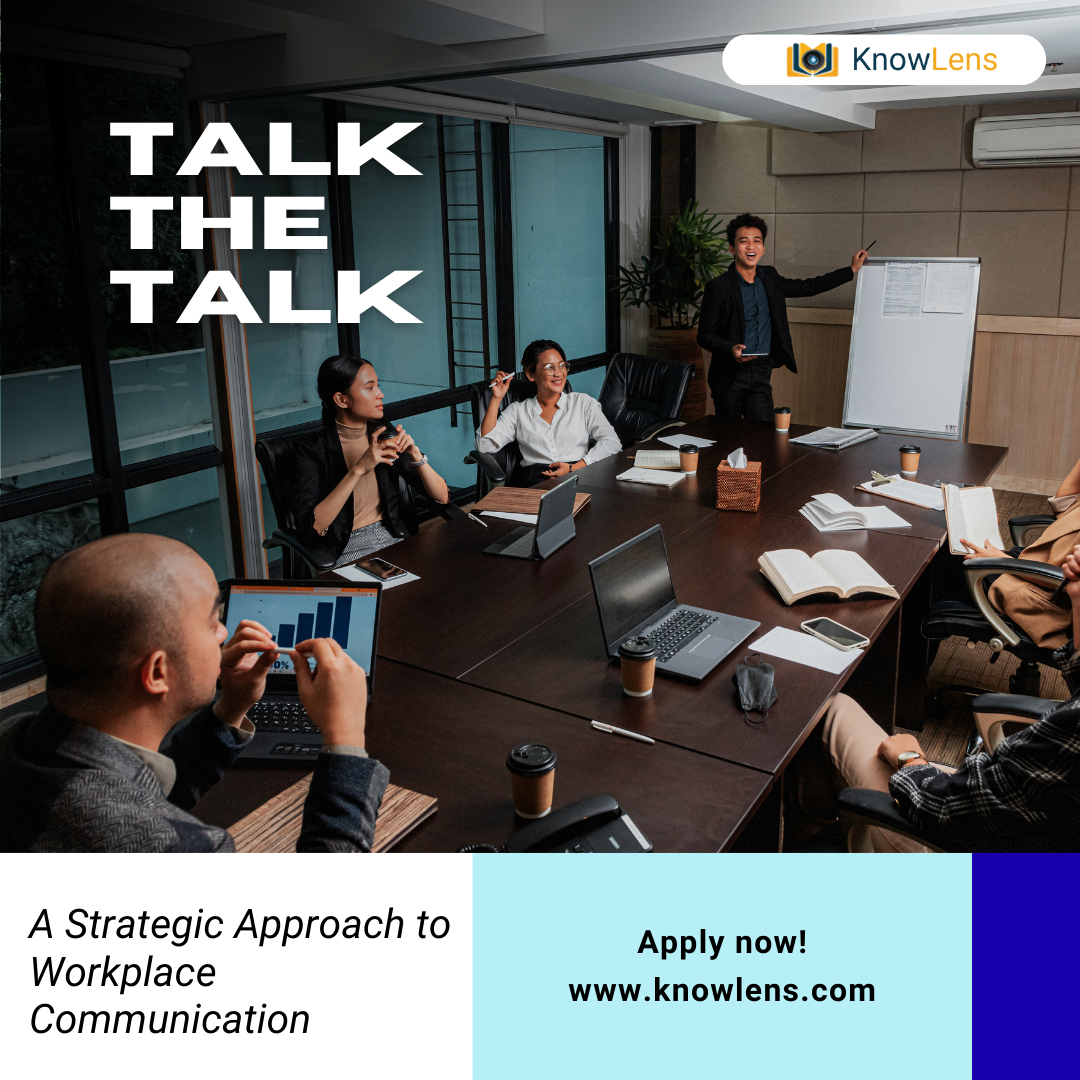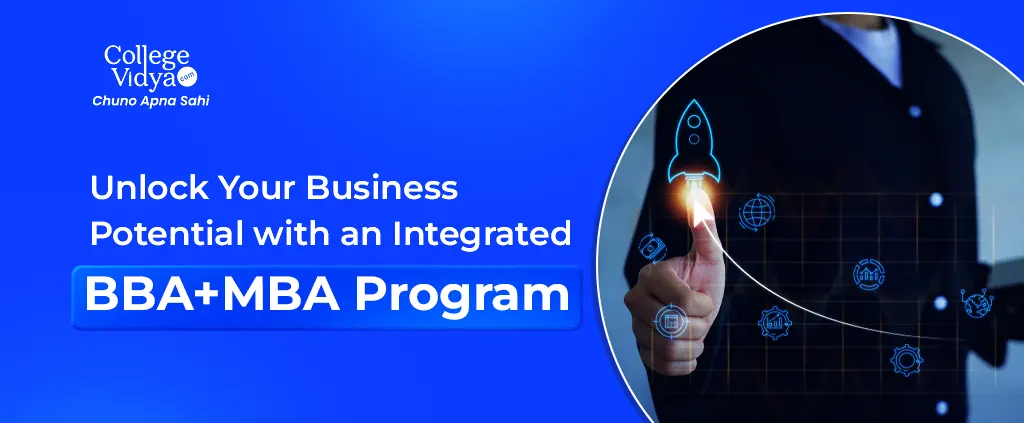The Rise of the AI Industry and How It's Reshaping Global Innovation
The Unstoppable Rise of Artificial Intelligence in the Global Economy
In today’s rapidly evolving technological landscape, few sectors exhibit the same explosive growth, transformation potential, and investment momentum as the artificial intelligence industry. As businesses, governments, and institutions race to integrate intelligent systems, the AI Industry SiliconJournal stands as a beacon of knowledge capturing the essence of this revolution. This in-depth exploration focuses on how artificial intelligence is reshaping innovation across sectors, impacting global economies, and unlocking new frontiers in science and industry.
AI as the Cornerstone of the Fourth Industrial Revolution
Artificial intelligence is no longer a conceptual buzzword—it has become a core pillar of modern industrial progress. From predictive analytics and real-time data processing to machine learning algorithms that evolve autonomously, AI technologies are transforming traditional business models and redefining efficiency.
The fourth industrial revolution is characterized by the fusion of technologies blurring the lines between the physical, digital, and biological spheres. At its core, artificial intelligence drives this integration, helping manufacturers optimize production lines, empowering retailers with intelligent customer experiences, and allowing logistics firms to run autonomously on predictive demand models.
Deep Learning and Machine Learning: Engines of AI Progress
Within the broader AI umbrella, machine learning (ML) and deep learning (DL) have emerged as transformative elements. ML enables systems to learn from data without being explicitly programmed, while DL simulates the neural structures of the human brain, creating multi-layered learning processes.
Across sectors like finance, healthcare, and manufacturing, these technologies are enabling:
Predictive maintenance to prevent equipment failure
Fraud detection in financial institutions
Real-time translation and voice recognition in communications
Automated diagnostics in healthcare systems
As these models continue to evolve, their accuracy, adaptability, and range of applications will multiply, reinforcing AI's role in operational optimization and strategic growth.
The AI Workforce and the Transformation of Labor Markets
With AI integration accelerating, labor markets are undergoing a profound transition. Automation is replacing routine, repetitive jobs while simultaneously creating demand for new roles that require cognitive flexibility, data literacy, and tech fluency.
Emerging job roles include:
AI ethics officers
Machine learning engineers
Data scientists
Neural network analysts
Robotics coordinators
The shift is not a zero-sum game but a redefinition of what constitutes meaningful human work. Companies are now investing in upskilling programs to prepare their workforce for AI-enhanced roles, ushering in a hybrid work model where humans and intelligent systems collaborate seamlessly.
Healthcare Innovation Through Artificial Intelligence
No sector illustrates the practical promise of AI more vividly than healthcare. AI-enabled solutions are revolutionizing the entire patient care continuum—from research and diagnostics to treatment and monitoring.
Key innovations include:
AI-driven radiology that enhances image interpretation accuracy
Natural language processing to extract insights from clinical notes
Virtual health assistants supporting patients 24/7
Predictive models that forecast disease progression
Pharmaceutical giants are leveraging AI to expedite drug discovery, reduce costs, and bring precision therapies to market faster. The implications are not just commercial but deeply humanitarian—AI is saving lives through earlier interventions and personalized medicine.
AI and Smart Cities: Building the Infrastructure of the Future
Urbanization is placing intense pressure on city infrastructures. Enter artificial intelligence—a pivotal force in creating smart cities that are efficient, responsive, and environmentally sustainable.
AI applications in urban environments include:
Traffic management using real-time sensor data
Intelligent waste disposal systems that optimize collection routes
Predictive policing models to enhance community safety
Energy-efficient smart grids for optimal resource utilization
Governments worldwide are implementing AI to enhance civic planning, environmental monitoring, and disaster response mechanisms. As these systems mature, urban centers will evolve into adaptive, data-rich ecosystems tailored to residents' real-time needs.
AI in Finance: Precision, Speed, and Security
The financial sector has always been a pioneer in technological adoption, and AI is taking this to unprecedented levels. Financial institutions now rely heavily on AI for operational and strategic decision-making.
Notable advancements include:
Real-time credit risk modeling
Algorithmic trading strategies
AI-based financial advisors for retail clients
Cybersecurity systems that detect anomalies in milliseconds
With real-time data analytics and pattern recognition capabilities, AI reduces fraud, enhances customer service, and ensures compliance with regulatory frameworks. As trust builds around AI in finance, customer engagement and personalization will scale to new heights.
Ethical Considerations and Regulatory Landscape
As AI systems grow more autonomous and pervasive, ethical challenges intensify. Core concerns revolve around data privacy, algorithmic transparency, accountability, and societal biases encoded into models.
Global efforts to establish AI governance are gaining momentum. Regulatory bodies are crafting frameworks that address:
Transparency in decision-making algorithms
Guidelines for human-in-the-loop systems
Standards for AI system validation and auditing
AI's environmental impact through data center emissions
Companies pioneering in this domain, highlighted regularly in AI Industry SiliconJournal, are now embedding ethics into their development lifecycle, recognizing that trust is as valuable as technological capability.
Manufacturing and Robotics: AI-Driven Precision
In manufacturing, AI is the catalyst driving the next wave of productivity. Intelligent robots, vision systems, and digital twins are reshaping how factories operate.
Technological impacts include:
Adaptive robotics performing complex assembly tasks
Real-time supply chain optimization
AI-based quality control using visual inspection
Self-healing production systems via AI monitoring
These systems offer not just speed, but precision and consistency beyond human capability. With AI-led automation, manufacturers are scaling with fewer errors, minimal waste, and higher output quality.
Retail and E-commerce: Hyperpersonalization Through AI
Retail has embraced AI to create seamless, personalized shopping experiences. AI solutions now govern every stage of the customer journey—from discovery and engagement to conversion and loyalty.
Applications include:
Recommendation engines based on behavioral analysis
AI-powered chatbots for 24/7 assistance
Predictive inventory management
Sentiment analysis from product reviews
This intelligent approach to commerce drives higher conversions, lower cart abandonment, and improved brand loyalty. Retailers featured in AI Industry SiliconJournal consistently demonstrate how AI differentiates leaders from laggards in a fiercely competitive landscape.
AI and Climate Science: Navigating a Sustainable Future
Climate change demands rapid, data-driven solutions—exactly where AI excels. Researchers and environmental agencies are deploying AI models to predict climate patterns, assess biodiversity loss, and optimize resource usage.
Examples of AI in climate science include:
Satellite imagery analysis for deforestation monitoring
Weather forecasting models with higher resolution
Energy consumption prediction in smart buildings
AI-based agriculture systems optimizing water and fertilizer use
With environmental sustainability now a global priority, AI’s role in modeling and mitigating environmental risks is indispensable. It accelerates scientific discovery and informs policy decisions that impact generations to come.
National AI Strategies: Global Competitiveness in a Technological Race
Nations around the globe are investing heavily in AI to bolster their global competitiveness. From defense systems and research grants to public services and cybersecurity, AI is embedded in national agendas.
Leading strategies focus on:
Building sovereign AI infrastructure
Investing in AI-focused research institutions
Promoting public-private partnerships
Fostering AI literacy through educational reforms
Global players like the US, China, Germany, and South Korea are heavily featured in AI Industry SiliconJournal, illustrating their aggressive push toward AI supremacy. These strategies not only stimulate innovation but also secure geopolitical and economic influence in the 21st century.
AI in Education: Personalized Learning at Scale
Education systems are undergoing a transformation as AI introduces customized, scalable learning environments. Intelligent tutoring systems and adaptive learning platforms are allowing students to learn at their own pace and style.
Capabilities include:
Real-time performance tracking and feedback
Virtual instructors with natural language understanding
Curriculum customization based on cognitive patterns
AI-assisted grading systems
AI empowers teachers to focus on high-value instruction while managing diverse classrooms effectively. In the long term, AI-driven education will democratize knowledge, especially in underserved regions.
The Next Frontier: Artificial General Intelligence (AGI)
While current AI systems are designed for narrow tasks, the next evolutionary leap is toward Artificial General Intelligence (AGI)—machines that can perform any intellectual task a human can.
Challenges in AGI development include:
Memory architecture and long-term learning
Emotional intelligence and abstract reasoning
Contextual understanding across domains
Ethical decision-making under uncertainty
Although AGI remains a long-term goal, research momentum is accelerating. Institutions chronicled in AI Industry SiliconJournal are laying the foundational work, and each breakthrough pushes us closer to a paradigm shift in AI capabilities.
The Road Ahead: Opportunities and Strategic Imperatives
Artificial intelligence is no longer optional; it is a strategic imperative. Enterprises that fail to invest in AI risk obsolescence, while early adopters are building resilient, future-ready models.
Strategic priorities for organizations include:
Building robust data infrastructure
Cultivating AI-ready talent pools
Embedding ethical practices into AI development
Aligning AI adoption with business outcomes
As AI permeates every industry, the organizations at the forefront—those spotlighted in AI Industry SiliconJournal—will shape the contours of innovation, prosperity, and global leadership in the coming decades.
Conclusion
Artificial intelligence stands as the most disruptive, yet promising, technological force of our era. It is not simply automating tasks; it is reinventing how we think, work, and live. From smart factories to intelligent healthcare, personalized education to environmental stewardship, the AI transformation is comprehensive and unstoppable.
As innovation accelerates, our collective challenge lies not just in building smarter machines, but in ensuring that they serve the broader purpose of human advancement. The future belongs to those who master this balance—those who lead with insight, ethics, and a bold vision powered by intelligent systems.
Read More -
https://thesiliconjournal.com/artificial-intelligenceThe Rise of the AI Industry and How It's Reshaping Global Innovation
The Unstoppable Rise of Artificial Intelligence in the Global Economy
In today’s rapidly evolving technological landscape, few sectors exhibit the same explosive growth, transformation potential, and investment momentum as the artificial intelligence industry. As businesses, governments, and institutions race to integrate intelligent systems, the AI Industry SiliconJournal stands as a beacon of knowledge capturing the essence of this revolution. This in-depth exploration focuses on how artificial intelligence is reshaping innovation across sectors, impacting global economies, and unlocking new frontiers in science and industry.
AI as the Cornerstone of the Fourth Industrial Revolution
Artificial intelligence is no longer a conceptual buzzword—it has become a core pillar of modern industrial progress. From predictive analytics and real-time data processing to machine learning algorithms that evolve autonomously, AI technologies are transforming traditional business models and redefining efficiency.
The fourth industrial revolution is characterized by the fusion of technologies blurring the lines between the physical, digital, and biological spheres. At its core, artificial intelligence drives this integration, helping manufacturers optimize production lines, empowering retailers with intelligent customer experiences, and allowing logistics firms to run autonomously on predictive demand models.
Deep Learning and Machine Learning: Engines of AI Progress
Within the broader AI umbrella, machine learning (ML) and deep learning (DL) have emerged as transformative elements. ML enables systems to learn from data without being explicitly programmed, while DL simulates the neural structures of the human brain, creating multi-layered learning processes.
Across sectors like finance, healthcare, and manufacturing, these technologies are enabling:
Predictive maintenance to prevent equipment failure
Fraud detection in financial institutions
Real-time translation and voice recognition in communications
Automated diagnostics in healthcare systems
As these models continue to evolve, their accuracy, adaptability, and range of applications will multiply, reinforcing AI's role in operational optimization and strategic growth.
The AI Workforce and the Transformation of Labor Markets
With AI integration accelerating, labor markets are undergoing a profound transition. Automation is replacing routine, repetitive jobs while simultaneously creating demand for new roles that require cognitive flexibility, data literacy, and tech fluency.
Emerging job roles include:
AI ethics officers
Machine learning engineers
Data scientists
Neural network analysts
Robotics coordinators
The shift is not a zero-sum game but a redefinition of what constitutes meaningful human work. Companies are now investing in upskilling programs to prepare their workforce for AI-enhanced roles, ushering in a hybrid work model where humans and intelligent systems collaborate seamlessly.
Healthcare Innovation Through Artificial Intelligence
No sector illustrates the practical promise of AI more vividly than healthcare. AI-enabled solutions are revolutionizing the entire patient care continuum—from research and diagnostics to treatment and monitoring.
Key innovations include:
AI-driven radiology that enhances image interpretation accuracy
Natural language processing to extract insights from clinical notes
Virtual health assistants supporting patients 24/7
Predictive models that forecast disease progression
Pharmaceutical giants are leveraging AI to expedite drug discovery, reduce costs, and bring precision therapies to market faster. The implications are not just commercial but deeply humanitarian—AI is saving lives through earlier interventions and personalized medicine.
AI and Smart Cities: Building the Infrastructure of the Future
Urbanization is placing intense pressure on city infrastructures. Enter artificial intelligence—a pivotal force in creating smart cities that are efficient, responsive, and environmentally sustainable.
AI applications in urban environments include:
Traffic management using real-time sensor data
Intelligent waste disposal systems that optimize collection routes
Predictive policing models to enhance community safety
Energy-efficient smart grids for optimal resource utilization
Governments worldwide are implementing AI to enhance civic planning, environmental monitoring, and disaster response mechanisms. As these systems mature, urban centers will evolve into adaptive, data-rich ecosystems tailored to residents' real-time needs.
AI in Finance: Precision, Speed, and Security
The financial sector has always been a pioneer in technological adoption, and AI is taking this to unprecedented levels. Financial institutions now rely heavily on AI for operational and strategic decision-making.
Notable advancements include:
Real-time credit risk modeling
Algorithmic trading strategies
AI-based financial advisors for retail clients
Cybersecurity systems that detect anomalies in milliseconds
With real-time data analytics and pattern recognition capabilities, AI reduces fraud, enhances customer service, and ensures compliance with regulatory frameworks. As trust builds around AI in finance, customer engagement and personalization will scale to new heights.
Ethical Considerations and Regulatory Landscape
As AI systems grow more autonomous and pervasive, ethical challenges intensify. Core concerns revolve around data privacy, algorithmic transparency, accountability, and societal biases encoded into models.
Global efforts to establish AI governance are gaining momentum. Regulatory bodies are crafting frameworks that address:
Transparency in decision-making algorithms
Guidelines for human-in-the-loop systems
Standards for AI system validation and auditing
AI's environmental impact through data center emissions
Companies pioneering in this domain, highlighted regularly in AI Industry SiliconJournal, are now embedding ethics into their development lifecycle, recognizing that trust is as valuable as technological capability.
Manufacturing and Robotics: AI-Driven Precision
In manufacturing, AI is the catalyst driving the next wave of productivity. Intelligent robots, vision systems, and digital twins are reshaping how factories operate.
Technological impacts include:
Adaptive robotics performing complex assembly tasks
Real-time supply chain optimization
AI-based quality control using visual inspection
Self-healing production systems via AI monitoring
These systems offer not just speed, but precision and consistency beyond human capability. With AI-led automation, manufacturers are scaling with fewer errors, minimal waste, and higher output quality.
Retail and E-commerce: Hyperpersonalization Through AI
Retail has embraced AI to create seamless, personalized shopping experiences. AI solutions now govern every stage of the customer journey—from discovery and engagement to conversion and loyalty.
Applications include:
Recommendation engines based on behavioral analysis
AI-powered chatbots for 24/7 assistance
Predictive inventory management
Sentiment analysis from product reviews
This intelligent approach to commerce drives higher conversions, lower cart abandonment, and improved brand loyalty. Retailers featured in AI Industry SiliconJournal consistently demonstrate how AI differentiates leaders from laggards in a fiercely competitive landscape.
AI and Climate Science: Navigating a Sustainable Future
Climate change demands rapid, data-driven solutions—exactly where AI excels. Researchers and environmental agencies are deploying AI models to predict climate patterns, assess biodiversity loss, and optimize resource usage.
Examples of AI in climate science include:
Satellite imagery analysis for deforestation monitoring
Weather forecasting models with higher resolution
Energy consumption prediction in smart buildings
AI-based agriculture systems optimizing water and fertilizer use
With environmental sustainability now a global priority, AI’s role in modeling and mitigating environmental risks is indispensable. It accelerates scientific discovery and informs policy decisions that impact generations to come.
National AI Strategies: Global Competitiveness in a Technological Race
Nations around the globe are investing heavily in AI to bolster their global competitiveness. From defense systems and research grants to public services and cybersecurity, AI is embedded in national agendas.
Leading strategies focus on:
Building sovereign AI infrastructure
Investing in AI-focused research institutions
Promoting public-private partnerships
Fostering AI literacy through educational reforms
Global players like the US, China, Germany, and South Korea are heavily featured in AI Industry SiliconJournal, illustrating their aggressive push toward AI supremacy. These strategies not only stimulate innovation but also secure geopolitical and economic influence in the 21st century.
AI in Education: Personalized Learning at Scale
Education systems are undergoing a transformation as AI introduces customized, scalable learning environments. Intelligent tutoring systems and adaptive learning platforms are allowing students to learn at their own pace and style.
Capabilities include:
Real-time performance tracking and feedback
Virtual instructors with natural language understanding
Curriculum customization based on cognitive patterns
AI-assisted grading systems
AI empowers teachers to focus on high-value instruction while managing diverse classrooms effectively. In the long term, AI-driven education will democratize knowledge, especially in underserved regions.
The Next Frontier: Artificial General Intelligence (AGI)
While current AI systems are designed for narrow tasks, the next evolutionary leap is toward Artificial General Intelligence (AGI)—machines that can perform any intellectual task a human can.
Challenges in AGI development include:
Memory architecture and long-term learning
Emotional intelligence and abstract reasoning
Contextual understanding across domains
Ethical decision-making under uncertainty
Although AGI remains a long-term goal, research momentum is accelerating. Institutions chronicled in AI Industry SiliconJournal are laying the foundational work, and each breakthrough pushes us closer to a paradigm shift in AI capabilities.
The Road Ahead: Opportunities and Strategic Imperatives
Artificial intelligence is no longer optional; it is a strategic imperative. Enterprises that fail to invest in AI risk obsolescence, while early adopters are building resilient, future-ready models.
Strategic priorities for organizations include:
Building robust data infrastructure
Cultivating AI-ready talent pools
Embedding ethical practices into AI development
Aligning AI adoption with business outcomes
As AI permeates every industry, the organizations at the forefront—those spotlighted in AI Industry SiliconJournal—will shape the contours of innovation, prosperity, and global leadership in the coming decades.
Conclusion
Artificial intelligence stands as the most disruptive, yet promising, technological force of our era. It is not simply automating tasks; it is reinventing how we think, work, and live. From smart factories to intelligent healthcare, personalized education to environmental stewardship, the AI transformation is comprehensive and unstoppable.
As innovation accelerates, our collective challenge lies not just in building smarter machines, but in ensuring that they serve the broader purpose of human advancement. The future belongs to those who master this balance—those who lead with insight, ethics, and a bold vision powered by intelligent systems.
Read More - https://thesiliconjournal.com/artificial-intelligence











